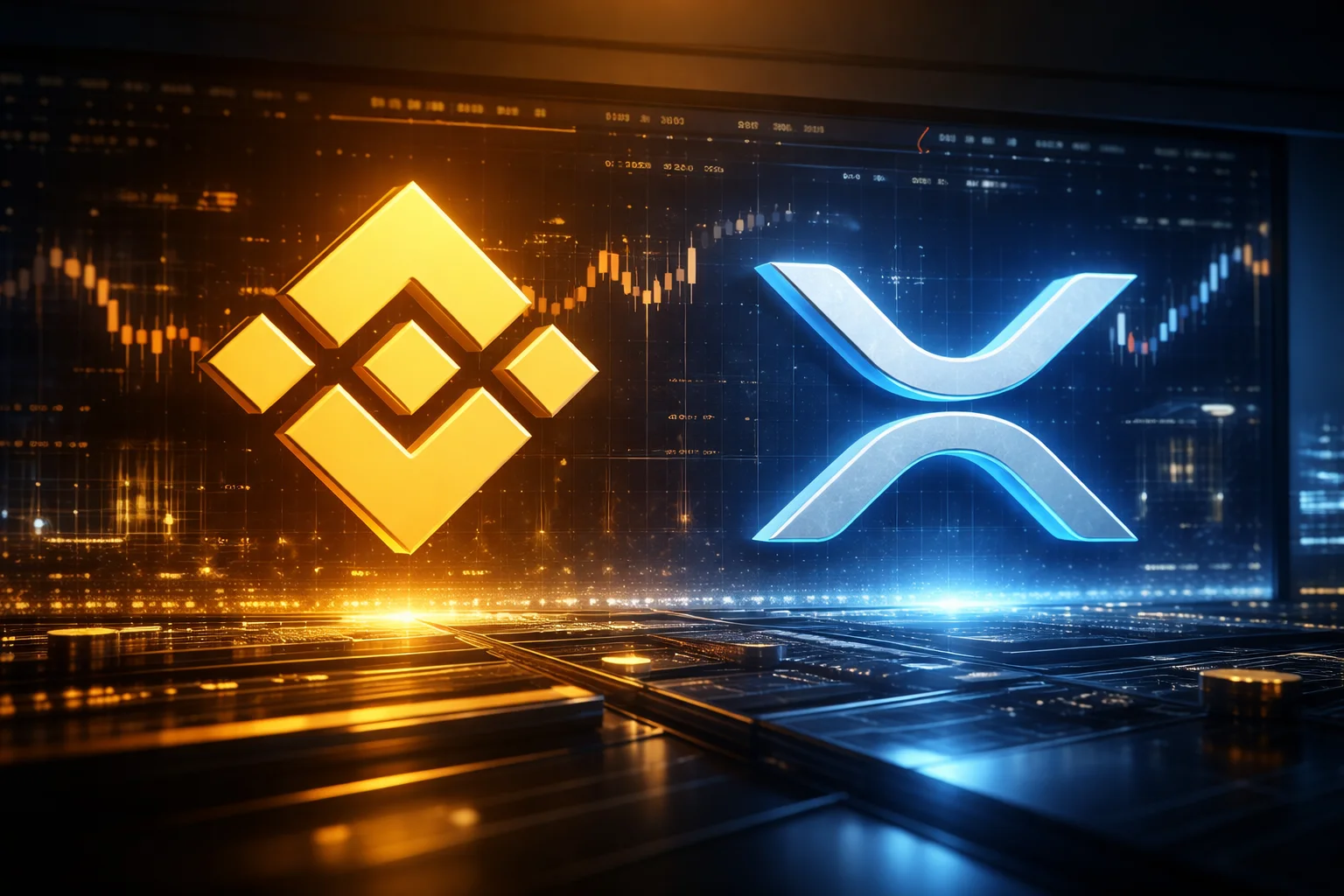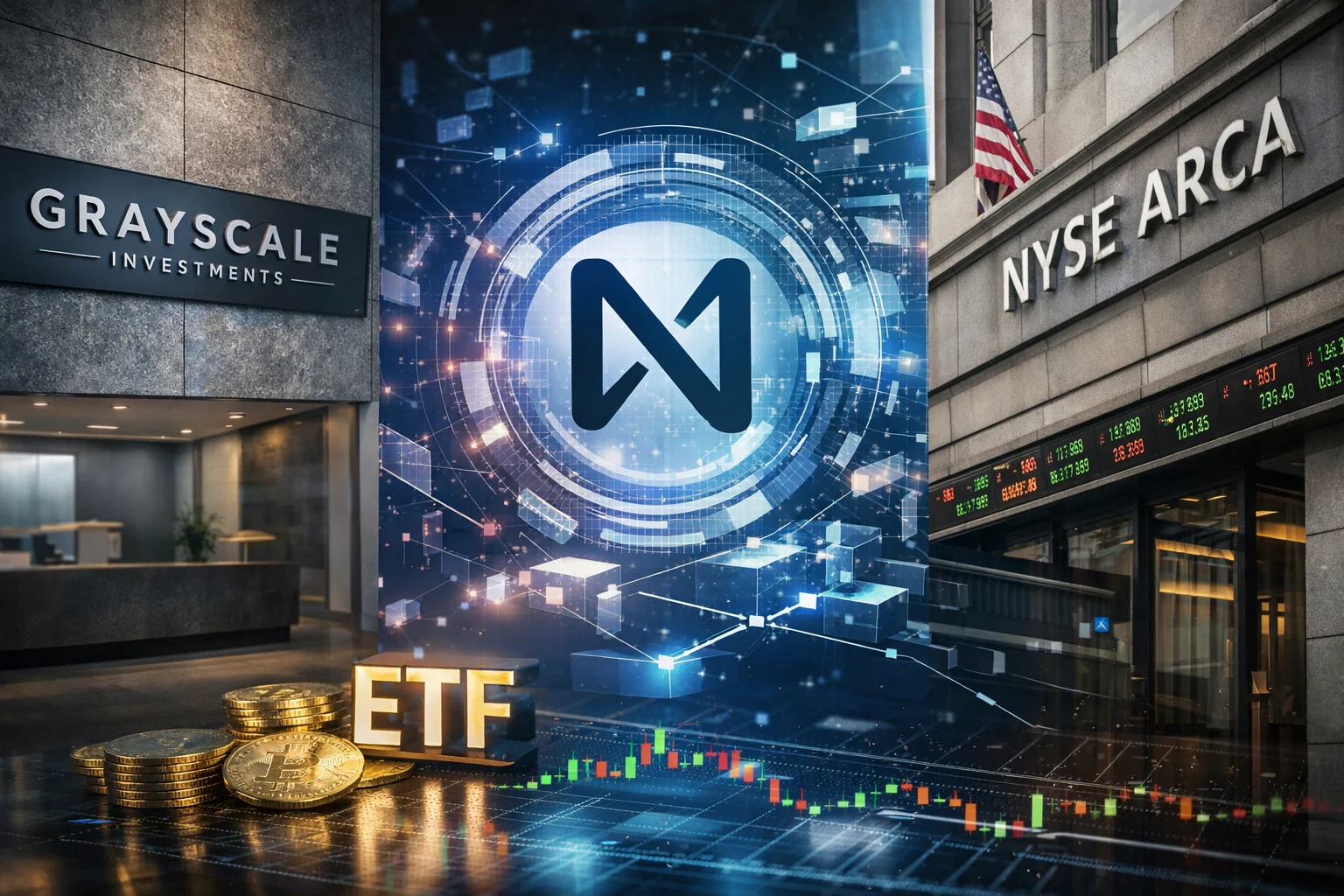Payment giant Mastercard is focusing on cryptocurrency infrastructure. According to Fortune, the company is currently in talks to acquire Chicago-based infrastructure startup Zero Hash for approximately $1.5 billion to $2 billion. This move signals a significant strategic shift away from traditional payment systems and towards crypto and stablecoin infrastructure.
Mastercard to invest in Zero Hash
Zero Hash was founded in 2017. It provides banks, fintechs, and brokers with the technological and regulatory tools to implement compliant crypto trading, stablecoin, and tokenization projects. The company's $104 million Series D financing round last September brought its valuation to over $1 billion.
This move by Mastercard is being interpreted as an indication of its intention to directly dominate the crypto and stablecoin infrastructure in the payments sector. Traditionally working with payment cards, shopping networks, and financial institutions, the company is now focusing on next-generation blockchain-based payment solutions.
The API-based infrastructures offered by Zero Hash include: It enables banks and fintechs to integrate crypto trading, tokenization, and stablecoin transfers into their own services. The company announced that it supported over $2 billion in tokenized fund movements on its platform in the first four months of the year.
If this acquisition goes through, Mastercard will be one of the few companies with direct control over the payment ecosystem involving stablecoins and tokenized assets. This demonstrates that the company is not limited to card-based consumer payments but is also moving towards a presence at the infrastructure layer.
This move is significant for the payments industry. Card companies are seeking faster, cheaper solutions for cross-border payments, treasury transactions, and remittance systems. Stablecoin and tokenization technologies have the potential to meet this demand. Mastercard's investment in this area indicates that digital assets are no longer a transitional phase in payment systems.
However, the path to such integration is not entirely clear from a regulatory perspective. Crypto regulations in the US and Europe are still evolving, and stablecoins, tokenization, and asset token solutions are under strict scrutiny. As Mastercard incorporates this infrastructure, how effectively it manages its compliance processes and risk management will be closely monitored.




